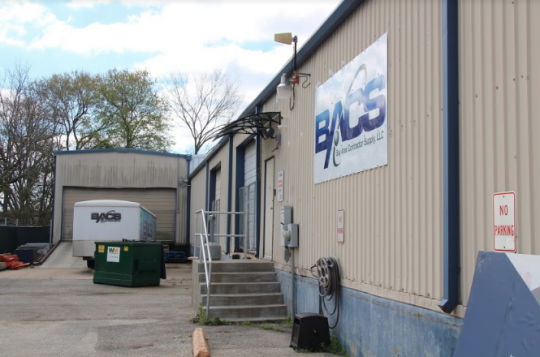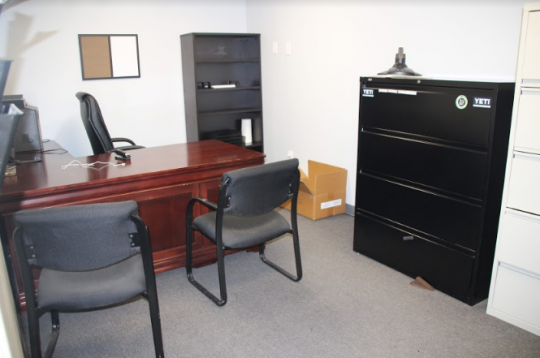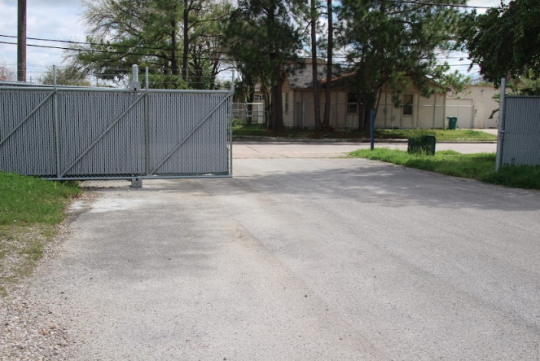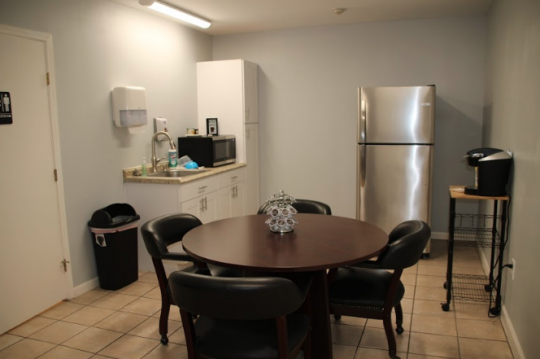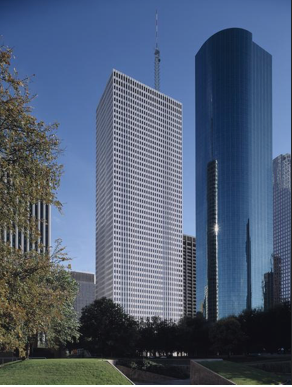The Coronavirus Recession has made it impossible for many businesses to pay their rent. Real estate professionals need to practice some common sense to avoid triggering a collapse that hurts us all.
The real estate industry is built on credit, and when cash doesn’t flow from tenants to building owners to banks, loans are not repaid to the companies that service those mortgages.
CORONAVIRUS UPDATES: Stay informed with accurate reporting you can trust
Mortgage servicers are not the end of the line, though, because they have packaged those loans into bonds and sold them to investors, many of whom have taken loans using the bonds as collateral. If too many small businesses fail to pay their rent, it can trigger much bigger problems.
The threat is real. The U.S. economy will likely contract 7.8 percent in 2020 due to what Deutsche Bank calls the largest decline in consumer and business spending since the Great Depression. Most commercial tenants are service businesses that rely on consumer spending.
“Volatile financial markets and the growing uncertainty of future tenant cash flows have slowed (commercial real estate) activity. Hotels and retail space appear to be most affected,” industry analysts at Wells Fargo wrote in an investor’s note. “Social distancing and the preponderance of stay-at-home orders has severely cut into consumer spending.”
The Great Recession of 2008 started this way in the residential mortgage market. A high rate of residential defaults crushed the mortgage bond market. When a mortgage servicer fails to pay investors, they drag down the value of the servicer’s stock and all mortgage-based bonds.

TOMLINSON’S TAKE: Slide in oil prices could signal permanent change to the energy industry
Value destruction in the $16 trillion commercial real estate debt market could drag down all financial markets. The industry hopes the Federal Reserve will step and buy bonds soon, but billionaire investor Carl Icahn told CNBC television last month he’s betting on a collapse.
“The banks went out and loaned money against a lot of shopping malls, office buildings, hotels, and retail,” Icahn said. “A lot of these bonds now are in grave danger.”
If business people all along the credit chain practice some common sense and innovation, though, they can avert a crisis.
“If you have an overreaction, we’re going to have bigger and deeper problems,” Brad Freels, chairman of Midway, a Houston developer of more than 46 million square feet of commercial and residential properties. “If everybody just sits still and doesn’t panic, we can get through this.”
No one has seen a recession quite likes this one, but with almost 40 years in the business, Freels has seen quite a few others. As a property owner with office, retail, multifamily, hotel, and restaurant tenants, and a developer with mortgages to pay, he is in the eye of the commercial real estate storm.
Companies leasing property need to pay what they can be based on their income and not try to game the system, Freels said. They need to take advantage of every available government program to help them pay the rent and keep employees on the payroll.
Before asking for relief, the business owner should run the numbers and explain what kind of break they need and for how long, understanding that they need to pay as much as they can to keep the credit system on life support.
Property managers need to get creative, Freels added. Landlords need to manage up as much they manage down and know their numbers. Thanks to banking reforms, landlords have more equity in their property than in 2008, which means the mortgage company or bank knows their collateral is good, or at least it was going into the crisis.
Mortgage servicers need to understand that forbearance is better than a foreclosure. Allowing property owners to pay only the interest on their mortgages for a few months and extending the life of the loan is preferable to declaring a default and taking possession of a property no one wants.
Lastly, investors have little choice but to accept lower dividends and share prices. The defining characteristic of the Coronavirus Recession is its universality. No geographic area, industry, or nation is immune from it, so real estate investors have few other places to put their money.
No one is going to make as much money as they were expecting, and many will lose money as restaurants, retailers and other businesses never come back. Now is not the time to get aggressive, only cooperation will cushion the blow for the economy as a whole.

